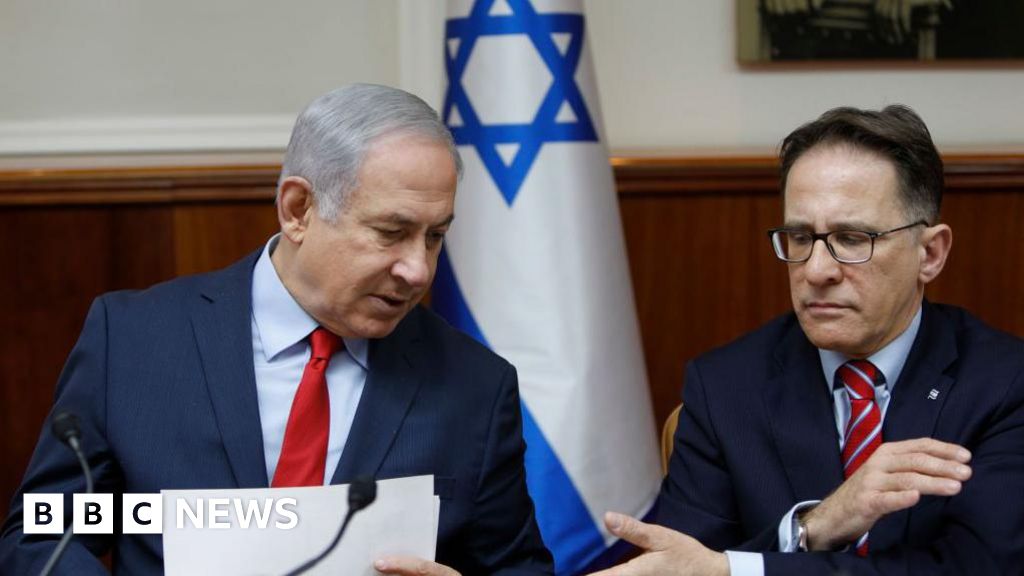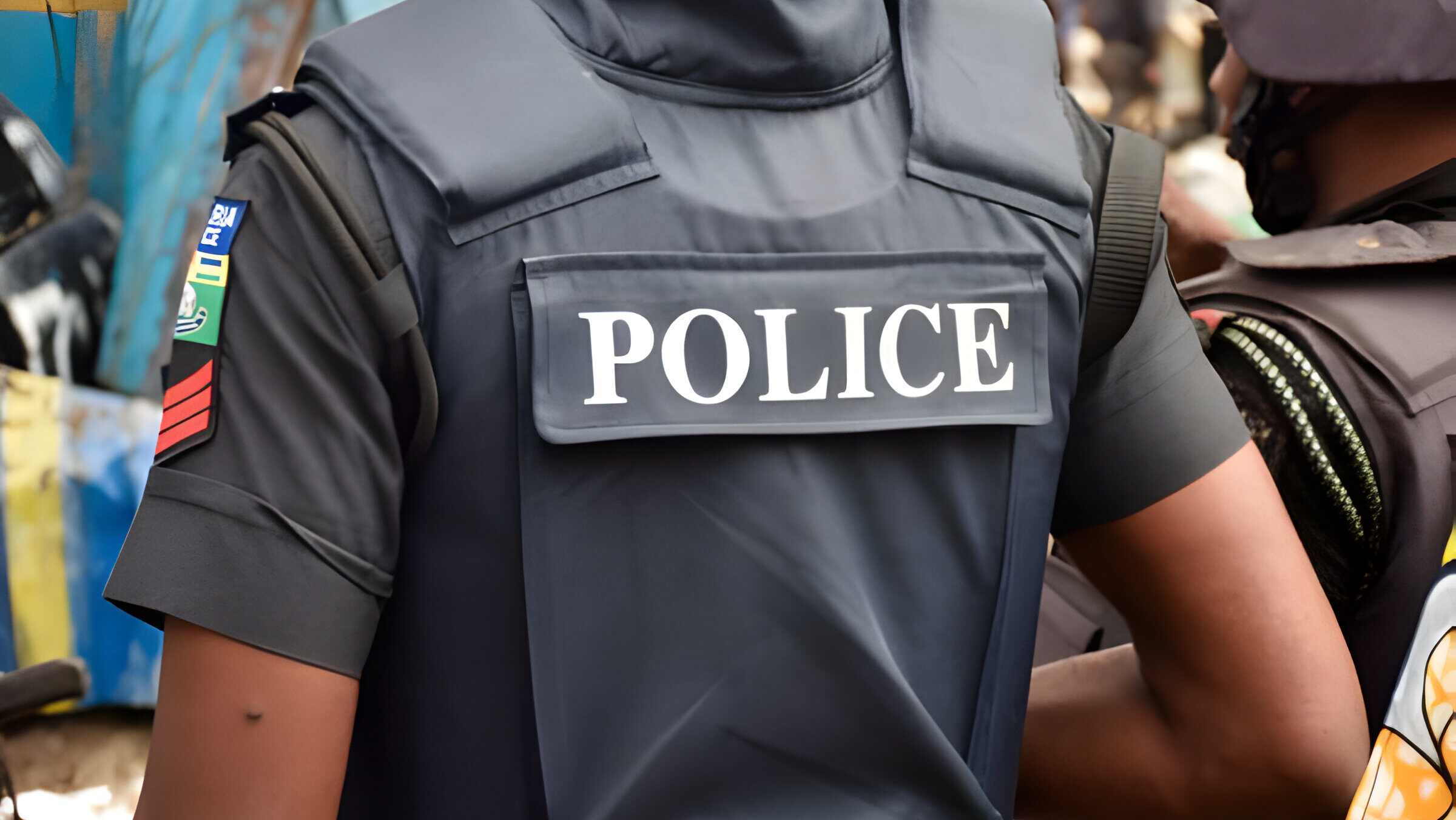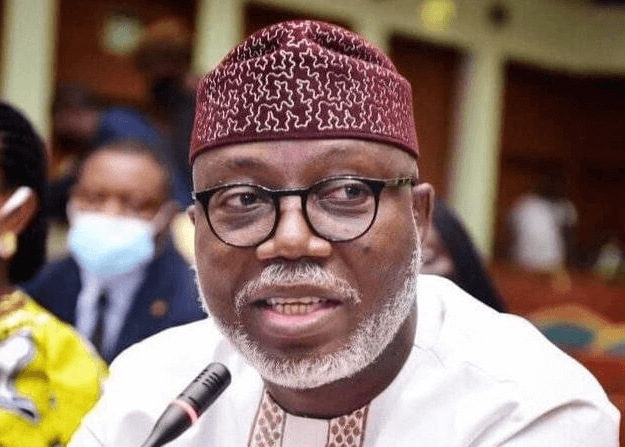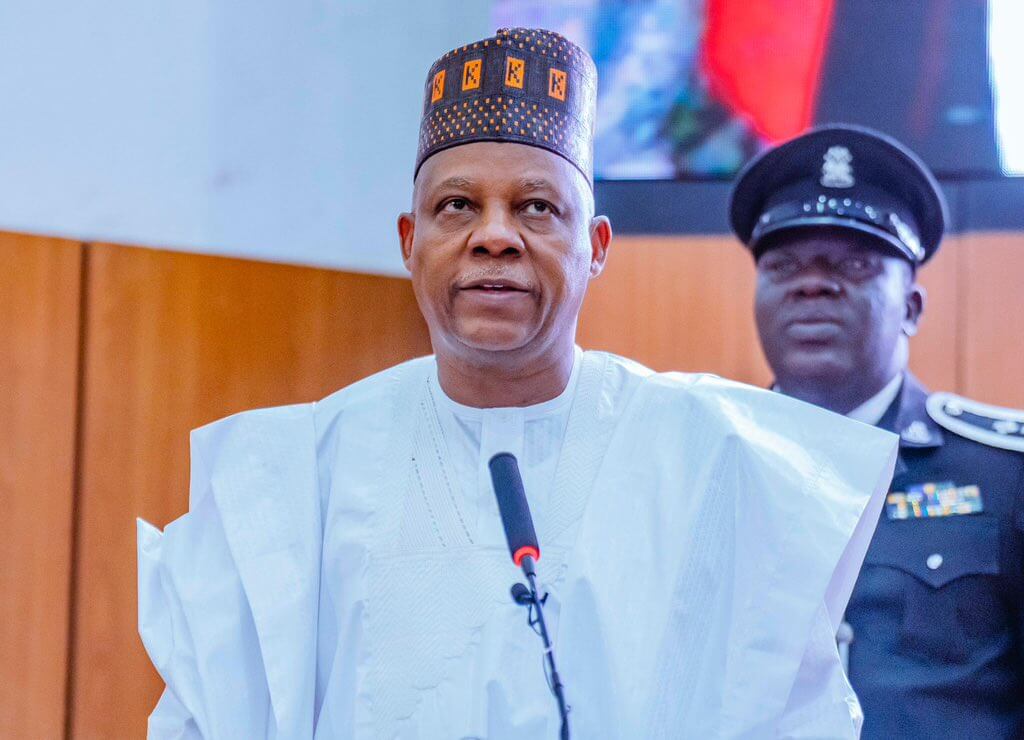In 2022, Georgian student Elene Deisadze stumbled upon a TikTok profile of a girl named Anna Panchulidze, who bore an uncanny resemblance to her.
Their online interaction revealed a shocking truth – they were identical twins separated at birth.
This discovery unraveled a sinister baby trafficking scandal that had spanned decades.
Elene and Anna, now 19, embarked on a journey to uncover their hidden past, realising they were among tens of thousands of Georgian children who had been illegally sold.
This revelation was not an isolated case but part of a massive baby trafficking operation uncovered by journalists and families searching for lost relatives.
Babies were stolen from their mothers, many of whom were told their children had died, and then sold to adoptive parents in Georgia and abroad.
The illegal adoptions, which took place over more than 50 years, were orchestrated by a network of maternity hospitals, nurseries, and adoption agencies.
These entities colluded to take the children from their parents, falsify birth records, and place them with new families in exchange for cash.
Elene and Anna’s journey began two years ago. “We became friends without suspecting we might be sisters, but both of us felt there was some special bond between us,” Elene, a psychology student, told AFP.
Last summer, both of their parents independently revealed to the girls that they had been adopted, prompting them to take a DNA test that confirmed they were identical twins. “I struggled to process the information, to accept the new reality — the people who had raised me for 18 years are not my parents,” said Anna.
Despite the shock, Anna expressed immense gratitude to her adoptive parents and joy at finding her sister.
The twins’ test was arranged with the help of Georgian journalist Tamuna Museridze, who runs a Facebook group dedicated to reuniting babies stolen from their parents.
The group, which has over 200,000 members, includes mothers who were told by hospital staff that their babies had died shortly after birth, only to discover years later that their children might be alive.
Museridze set up the group in 2021 after learning she had been adopted and soon uncovered the mass baby-selling operation.
“Mothers were told their babies had died shortly after birth and were buried at a hospital cemetery,” Museridze said. “In fact, hospitals had no cemeteries, and babies were being secretly whisked away and sold to adoptive parents.”
While some adoptive parents were unaware of the illegal nature of the adoptions, others knowingly circumvented the law to avoid long waiting lists.
Museridze estimates that at least, 120,000 babies were stolen and sold between 1950 and 2006, when anti-trafficking measures by reformist President Mikheil Saakashvili eventually quashed the scheme.
Elene’s adoptive mother, Lia Korkotadze, recounted her own experience. Unable to have children, she and her husband decided to adopt.
However, adopting from an orphanage seemed impossible due to long waiting lists. In 2005, an acquaintance informed her about a six-month-old baby available for adoption from a local hospital for a fee. “They brought Elene right to my house,” Korkotadze said, never suspecting anything illegal. The formal adoption process through the court took months.
The story of Anna and Elene mirrors that of another set of twin sisters, Anna Sartania and Tako Khvitia, who were also separated at birth and reunited years later through social media. Thanks to Museridze’s Facebook group, more than 800 families have been reunited.
Despite multiple attempts by successive Georgian governments to investigate the scheme, tangible support and action have been limited.
Interior ministry spokesman Tato Kuchava stated that an “investigation is underway” into Museridze’s revelations but provided no further details.
Georgian Prime Minister Irakli Kobakhidze recently claimed that Georgia is among the world leaders in combating trafficking.
However, Museridze remains critical of the government’s response, stating, “The government did nothing tangible to help our efforts.”

 4 months ago
5
4 months ago
5















 English (US) ·
English (US) ·